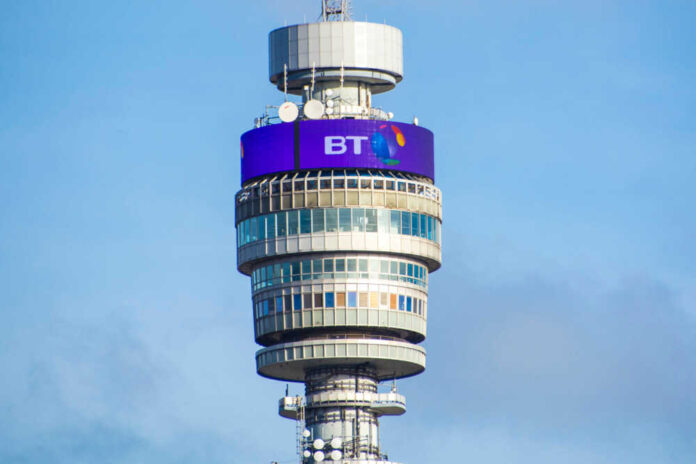
British Telecom giant BT Group has declared an impending reduction of up to 55,000 jobs by the end of the decade with an eye toward artificial intelligence (AI) technology as a replacement. The strategy, as declared by BT’s CEO Philip Jansen, is part of an organizational overhaul aiming at both cost-cutting and efficiency gains.
“By the end of the 2020s, BT Group will rely on a much smaller workforce and a significantly reduced cost base,” said Jansen, indicating a future BT that’s leaner, more nimble, and increasingly reliant on technology. The strategy of job cuts mirrors a broader industry trend, with other telecom corporations like Vodafone, which operates in Europe and Africa, also opting for a workforce reduction of 11,000 employees.
Telecom Giant to Shed 55,000 Jobs, Will Replace Some Humans With A.I. via @BreitbartNews https://t.co/vHXjo0FXb0
— Chris 🇺🇸 (@Chris_1791) May 18, 2023
At the heart of BT’s strategic restructuring is a steadfast belief in the power of technology. As a result, the company is poised to eliminate around 10,000 jobs via digitization, automation, and, most notably, AI. This underscores BT’s pivot towards a tech-driven business model, where efficiency, simplicity, and cost-effectiveness take center stage.
Embracing AI, Jansen stated, is about “using technology to do things much more efficiently.” This ethos manifests as BT sets its sights on creating self-healing networks through newer, more flexible equipment and intelligent AI utilization. Once fully rolled out, these networks will require fewer human resources to build and maintain.
The scope of job reduction includes various areas of operations: 15,000 jobs from building fiber-optic broadband and 5G mobile networks, 10,000 from servicing and repairing them, and 5,000 jobs lost through traditional restructuring. While some might view this as a grim prospect for current employees, Jansen stressed that BT would work with union partners and rely on attrition.
As Jansen pointed out, the bright side of this tech-driven transition is the evolution of services. Implementing AI promises faster, better, and more seamless services without creating a robotic customer experience. The CEO continued, underlining that “new technologies drive new jobs.” Thus, while BT will undoubtedly have a “much smaller workforce,” the company also sees a brighter future with a shift towards technologically sophisticated roles.
Still, this leap towards an AI-dominated environment has its critics. Union representatives are rightly concerned about the impact of this large-scale job shedding on the workforce. In response to these concerns, BT has shown a willingness to negotiate and tread carefully, suggesting a preference for cutting subcontractors’ roles and not replacing positions as people naturally leave the business.
This massive shakeup announcement coincides with a 12% drop in profits to £1.7 billion for BT for the year to April. Only time will tell whether this technology-centric strategy of embracing AI and automation will yield the intended results. Nevertheless, BT, the UK’s largest broadband and mobile provider, seems committed to a leaner, more efficient future bolstered by AI.
BT’s bold move might seem daring and necessary to a conservative eye. As technology and AI become more integral to industries worldwide, businesses must adapt or risk becoming irrelevant. However, the human element must be partially eclipsed in pursuit of efficiency. Companies must strike a balance between technology and people, as BT is striving to do. After all, our future should be enhanced by AI, not dominated by it.



























